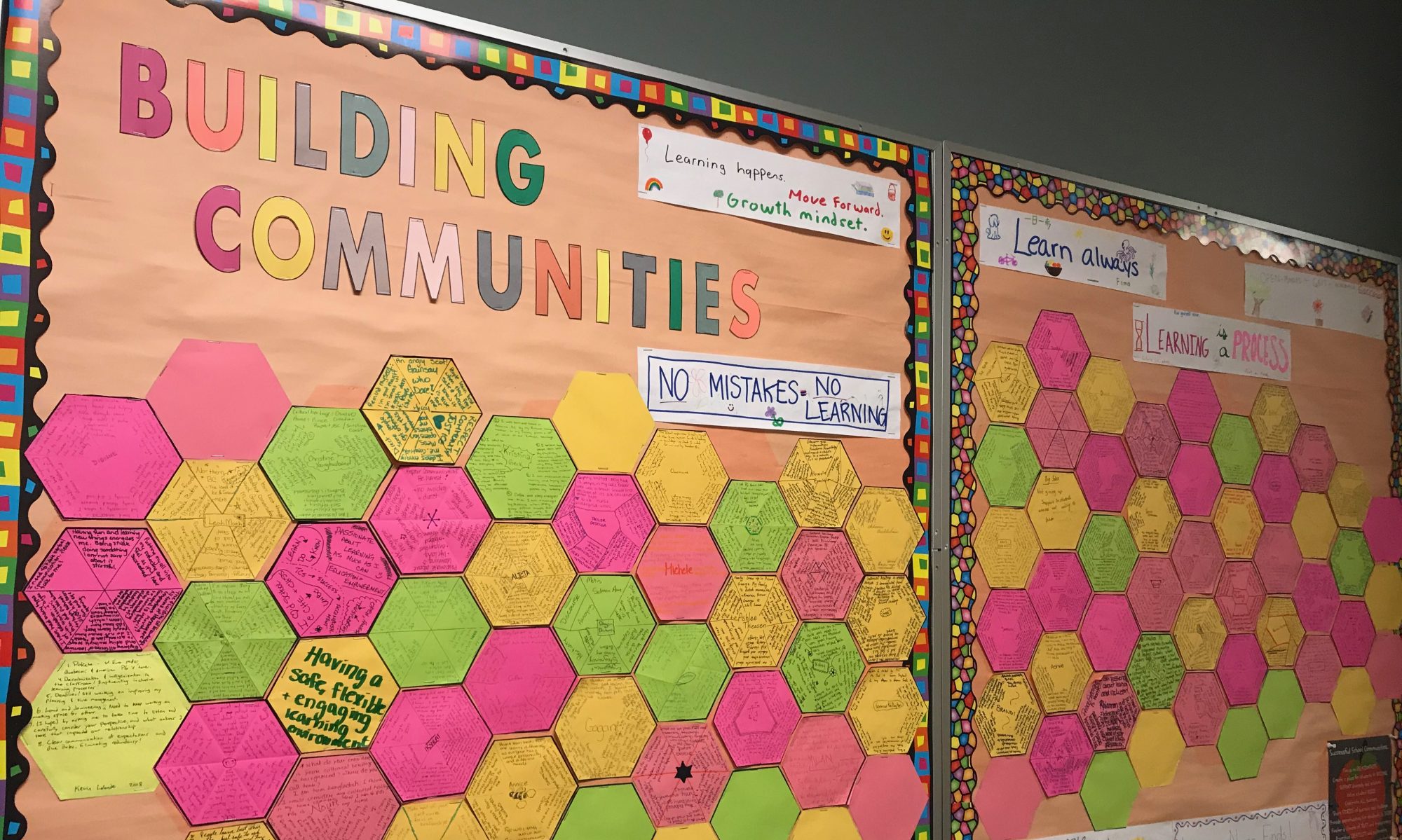Whole-Language High Jinks – How to Tell When “Scientifically Based Reading Instruction” Isn’t
by Louisa Moats
Teaching Innovation: The Use of Useless Worlds
by Sam Hollon
https://medium.com/@samhhollon/teaching-innovation-the-use-of-useless-worlds-1a97866f2631
Land-based learning links students’ regular curriculum with Indigenous culture – The Globe and Mail
https://www.theglobeandmail.com/canada/article-land-based-learning-links-students-regular-curriculum-with-indigenous/
Teacher Education – EdCan Article
Interesting article summarizing some good ideas …
Learning – OECD Research
http://www.oecd.org/education/ceri/50300814.pdf
This looks like a terrific article on learning from OECD … thanks Deb for sharing it.
Developing Framework for Teaching Expertise
CC4_Teaching-Expertise-Framework-Fall-2017
Linked, please find an article form U of C on A Developmental Framework for Teaching Expertise in Postsecondary Education. Thanks Andrew for sharing this article.
Bylaws and policies – pursuant to Section 90 of the Teachers Act
https://www.bcteacherregulation.ca/documents/AboutUs/BylawsPolicies/bylaws.pdf
While individual programs will approach Teacher Education in contextual and indivdual ways, they must all ensure that graduates of their program meet and exceed the policies and standards identified in the Bylaws and Policies – Pursuant to Section 90 of the Teachers Act
BC Teacher Regulation Standards
All students within our program must meet and / or exceed the following standards for professional practice. Please see the links below for those standards.
https://www.bcteacherregulation.ca/documents/AboutUs/Standards/edu_stds.pdf
https://www.bcteacherregulation.ca/Standards/StandardsDevelopment.aspx
To help educators understand the standard, a series of cases were developed to unpack the impact of each standard. We might want to include these cases within our course work.
https://www.bcteacherregulation.ca/Standards/QuestionsCaseStudiesContents.aspx#
TRB Forms
To make significant changes within our program, we’ll need to complete the following TRB forms
Form for proposing changes / renewals to TED programs
Form for reviewing program changes
Susan Crichton Design Thinking Document
Using Design Thinking (MSWord Document)
Continuing on the Journey of Transforming Education in BC (Powerpoint Presentation)

